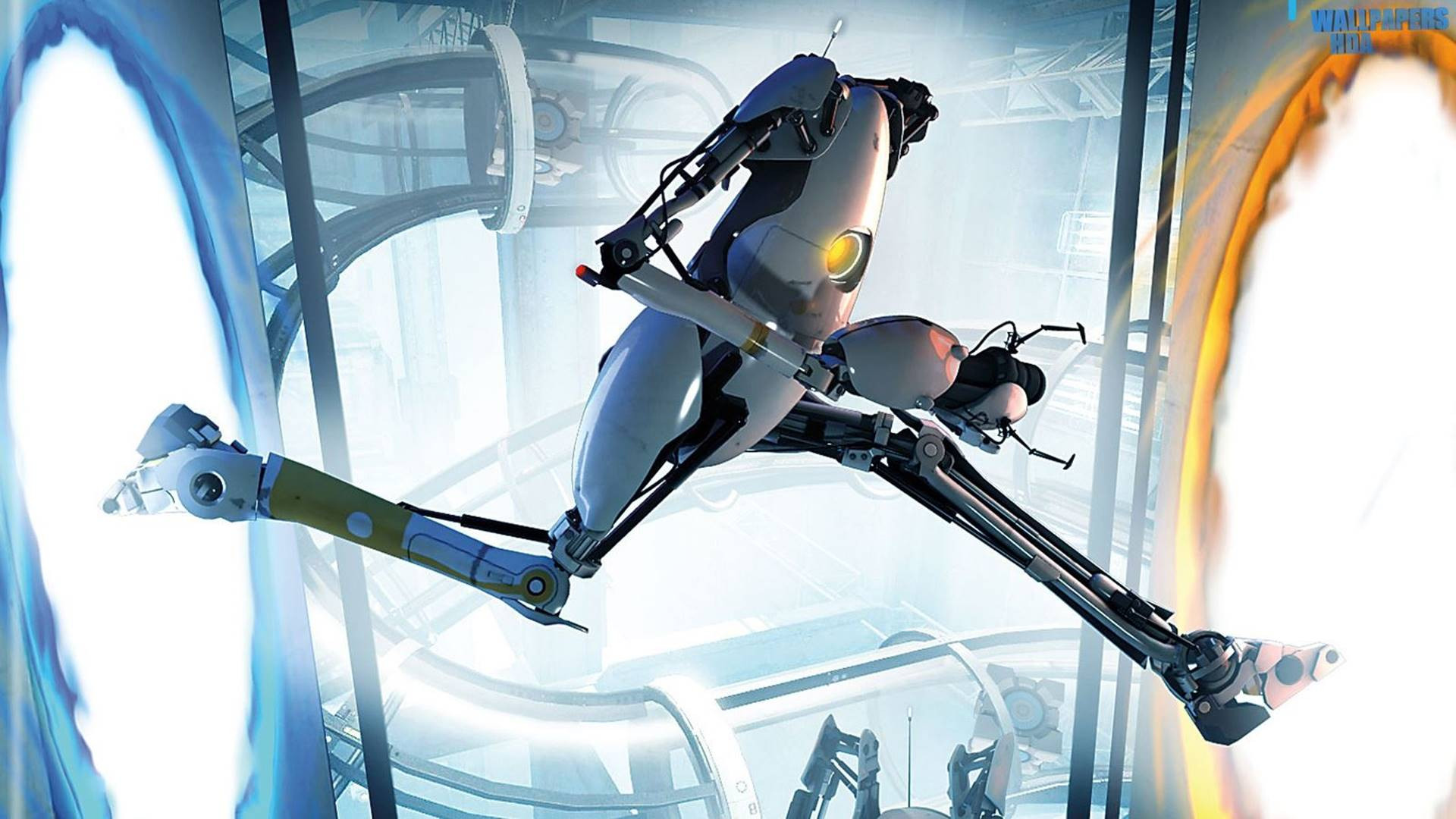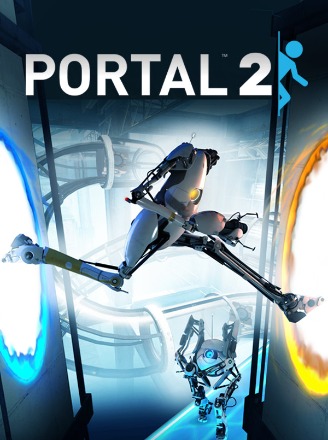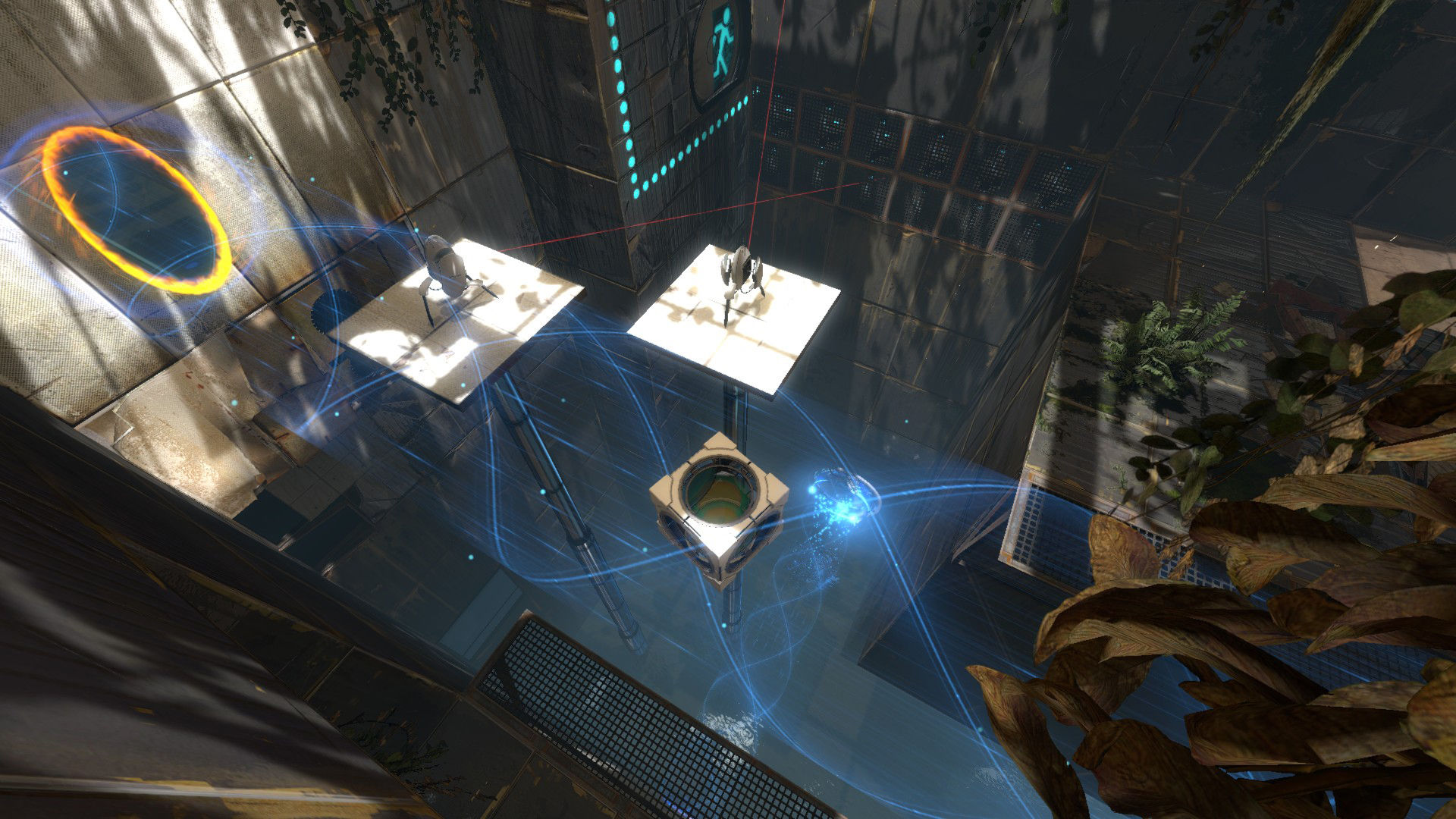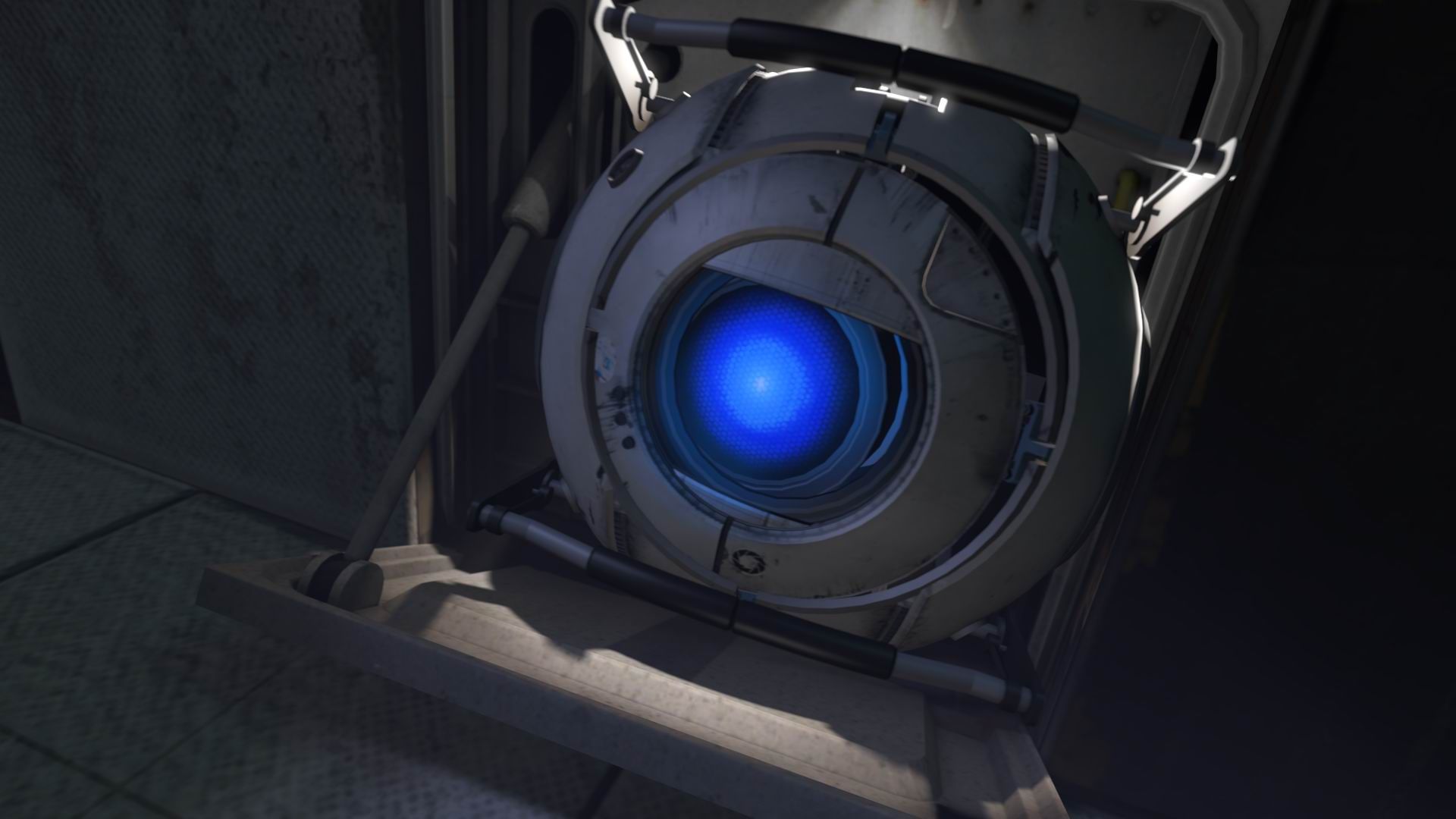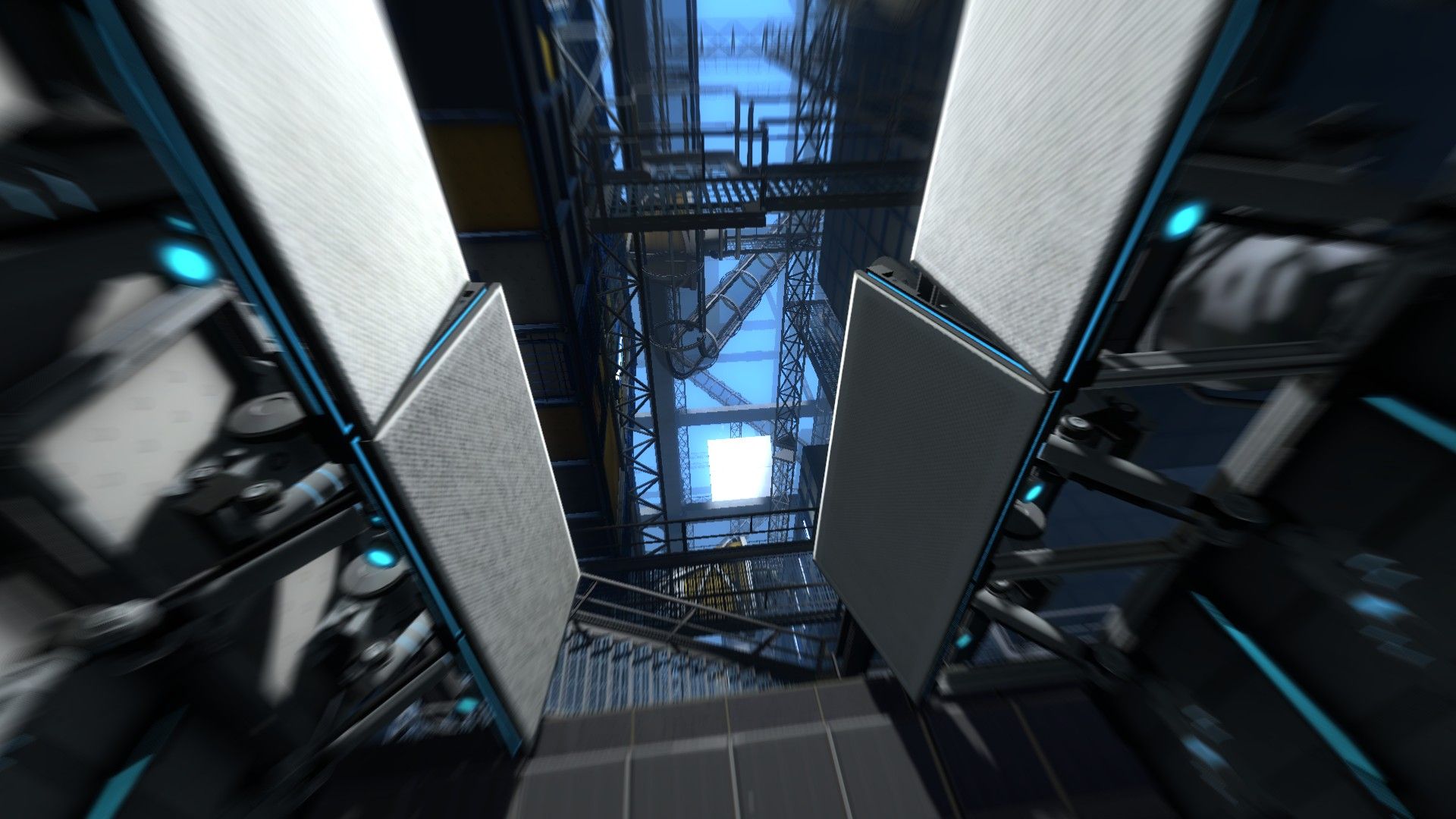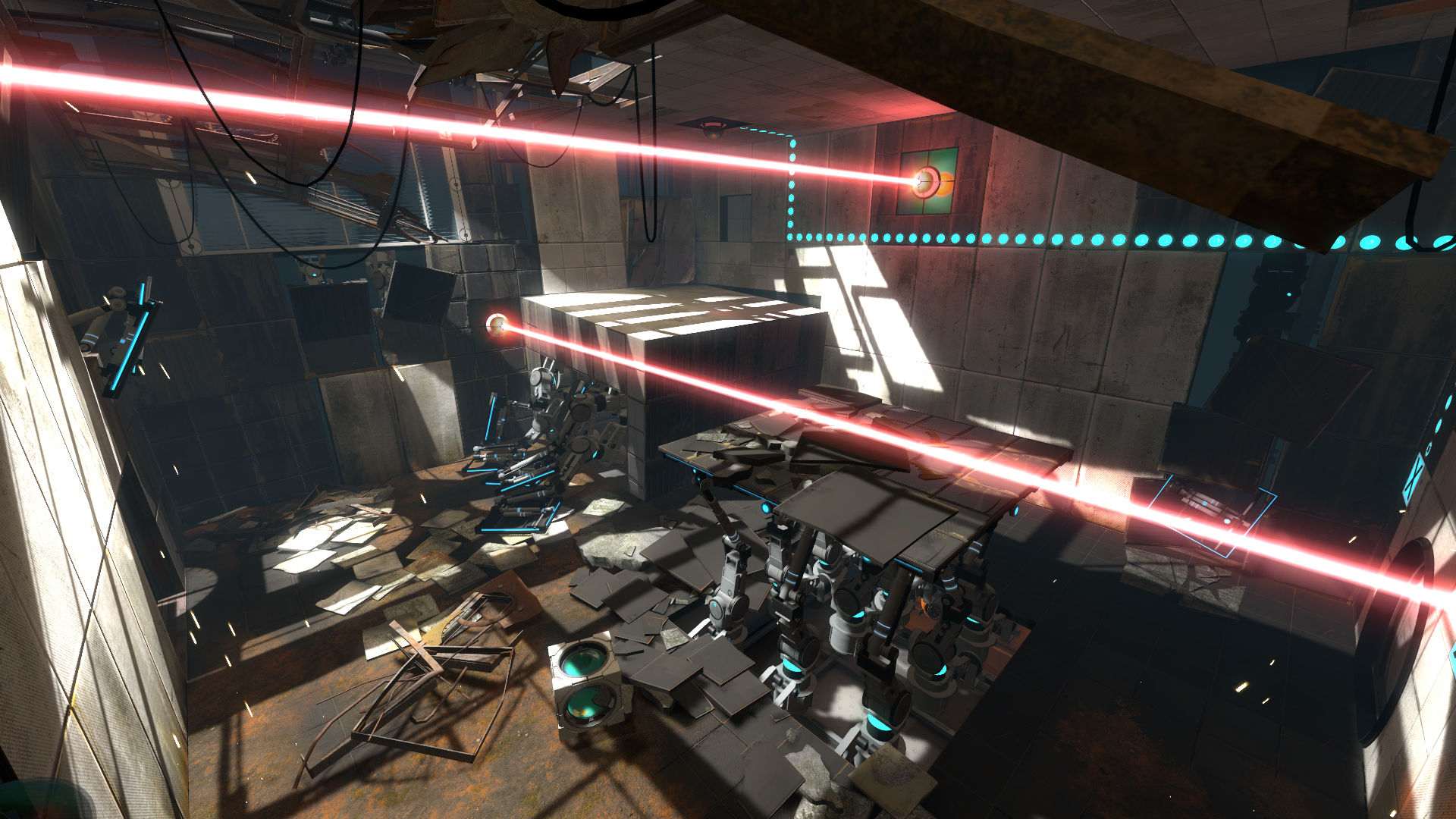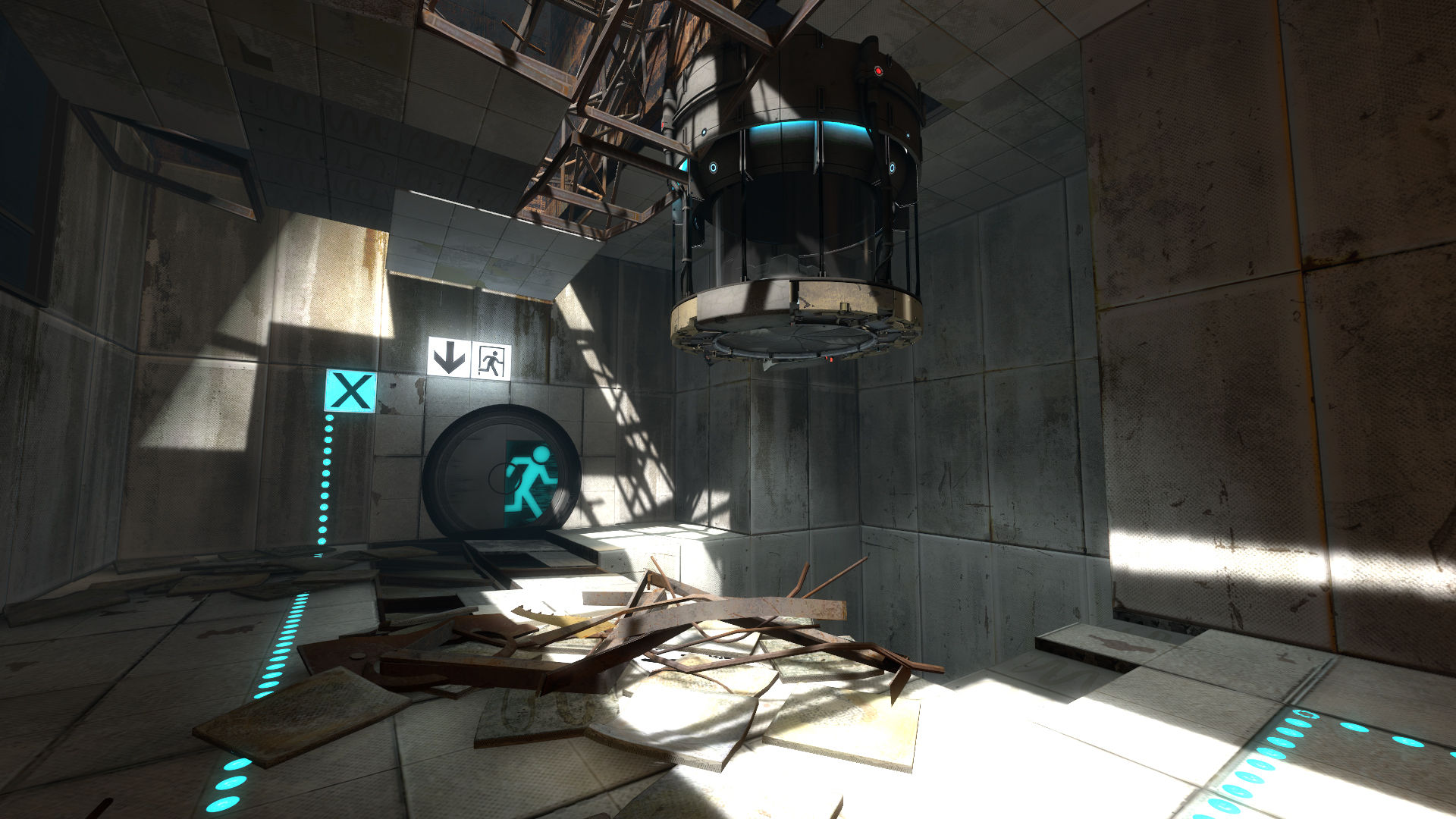Portal 2 stands as one of the monumental achievements in the realm of puzzle-platform games. Developed by Valve, this intricate sequel takes players on an exhilarating ride through the enigmatic Aperture Laboratories, blending brilliant storytelling with seamless gameplay mechanics. Its inventive use of the portal gun not only challenges the player’s problem-solving acumen but also offers a plethora of mind-bending experiences that are rarely seen in the gaming industry.
As you delve into this analysis, you’ll discover the intricate details of this extraordinary title, with a spotlight on the nuanced plot, engaging dialogue, and rich character interactions. We’ll dissect both the highs and lows, providing a comprehensive guide for both new and veteran players alike. Whether you’re contemplating embarking on GLaDOS’s labyrinthine world or looking to revisit this iconic game, this review encompasses all you need to navigate through the brilliance of Aperture Science’s enigmas.
Prices for Portal 2
A Journey Through Aperture’s Mysteries
The plot of Portal 2 begins with players awakening far below the Earth’s surface, in the dilapidated remnants of Aperture Laboratories. As the protagonist Chell, you are thrust into a world left in disarray following the events of the original game. Your journey is guided by the voice of Wheatley, a bumbling yet endearing personality core, who promises to help you escape the confines of the facility.
However, plans go awry when the ever-menacing artificial intelligence GLaDOS is accidentally reactivated, setting off a series of events that lead Chell through a maze of innovative test chambers designed to both challenge and entertain. As you navigate your way through these increasingly intricate puzzles, a deeper tale of corporate hubris and human ambition unfolds, revealing the twisted history of Aperture Science and its eccentric founder, Cave Johnson. Each chapter not only captivates with ingenious puzzle designs but also delivers a richly woven narrative filled with dark humor, intriguing lore, and unexpected plot twists.
Innovative Mechanics and Engaging Challenges
At the heart of Portal 2’s gameplay is the eponymous portal gun, a revolutionary tool that allows players to create inter-spatial portals, connecting two separate locations within the game’s environment. This mechanic offers an exhilarating level of creative freedom as you experiment with physics, momentum, and space to solve a variety of puzzles.
The gameplay is marked by its intuitive learning curve; while the concept of portal manipulation is ingeniously innovative, players find it remarkably easy to grasp, in part due to the game’s well-designed tutorials and progressively challenging test chambers. Unlike many puzzle-platformers, Portal 2 offers a seamless integration of story and gameplay that keeps players engrossed, making it not only a test of intellect but also an immensely fun experience.
Compared to other titles in the genre, Portal 2 sets itself apart with its co-operative multiplayer mode, allowing two players to work together using separate portal guns to achieve complex goals. This mode introduces an exciting dynamic absent in many similar games, demonstrating Valve’s ability to innovate while maintaining accessibility and depth.
Visuals: An Artistry in Minimalism
Portal 2 masterfully combines a sleek, minimalist aesthetic with the detailed intricacies of a high-tech testing facility. Despite the game’s aging Source Engine, Valve’s artistic prowess ensures the graphics remain appealing. The environments are meticulously crafted to complement the game’s unique mechanics, shifting from the sterile and clinical test chambers to the decaying underbelly of Aperture Labs, creating a visually engaging contrast that enhances the storytelling.
Comparatively, Portal 2 aligns itself with other top-tier titles of its time by providing immersive graphical fidelity without overwhelming the user. Its emphasis on environmental storytelling through visual design stands head and shoulders above many competitors, offering visual cues and subtle details that enrich the narrative. While it may not boast the photorealism seen in some modern games, its artistic style ensures the graphics serve not only as a backdrop but as a crucial element of gameplay and immersion alike.
Outstanding Features That Set Portal Apart
Portal 2 distinguishes itself with a host of innovative features that elevate the gaming experience beyond traditional puzzle-platformers. Chief among these is its groundbreaking portal mechanics, which offer unparalleled freedom and creativity in problem-solving. The game’s physics-based puzzles leverage this tool to the fullest, challenging players to think laterally in ways unmatched by similar titles.
Another standout feature is the game’s narrative depth and character development. With iconic characters like GLaDOS and Wheatley, the storytelling intertwines seamlessly with gameplay, delivering a humor-laden, emotionally resonant experience that engages players on multiple levels. Additionally, Portal 2 enhances replayability through its co-op mode, offering unique puzzles and requiring synchronized teamwork, a feature rarely executed with such finesse in other puzzle games.
Lastly, the game boasts a community-supported dimension through the Steam Workshop, allowing players to create and share custom test chambers. This wealth of user-generated content extends the life of the game, continuously challenging the community with new and inventive puzzles.
The Flaws Within the Chambers
While Portal 2 is celebrated for its innovation and engaging gameplay, it is not without its imperfections. A common critique is the game’s linear progression, which, although contributing to a smooth narrative flow, can limit the sense of exploration. Players seeking a more open-ended experience might find the constraint somewhat restrictive, as each puzzle typically has a singular solution.
Additionally, the game’s humor, which is often praised, may not resonate with everyone. Some might find the dialogue repetitive over multiple playthroughs, as the jokes and character interactions are tightly woven into the narrative structure. Likewise, the cooperative mode, though a brilliant addition, relies heavily on having a compatible partner. Without effective communication, players might find the puzzles more frustrating than enjoyable.
Finally, despite the community’s impressive contributions, the bulk of user-generated content can vary significantly in quality and accessibility, which can lead to inconsistent experiences for those exploring beyond the main game. These elements, although minor, highlight areas where Portal 2 might miss the mark for certain players.
System Requirements: A Modest Demand
Portal 2 is known for running smoothly on a wide range of systems, thanks to its efficient utilization of the Source Engine. Whether you’re on a high-end gaming rig or an older setup, the game offers an optimal performance, further enhancing its accessibility.
Here are the minimum and recommended system requirements for playing Portal 2:
| Requirement | Minimum | Recommended |
|---|---|---|
| OS | Windows 7 / Vista / XP | Windows 10 |
| Processor | 3.0 GHz P4, Dual Core 2.0 or AMD64X2 | 2.4 GHz Intel Core 2 Duo or AMD Athlon X2 |
| Memory | 2 GB RAM | 4 GB RAM |
| Graphics | 128 MB VRAM, DirectX 9-compatible (Shader Model 2.0b) | Shader Model 3.0, NVIDIA GeForce 7600 / ATI Radeon X800 or better |
| DirectX | Version 9.0c | Version 9.0c |
| Storage | 8 GB available space | 8 GB available space |
The modest hardware demands mean that Portal 2 runs well even on systems with integrated graphics, maintaining a stable frame rate throughout the game. While the game does benefit from higher settings with sharper textures and improved effects, even lower-end PCs can provide a smooth and visually appealing experience. Overall, Portal 2 proves to be an accessible title, capable of delivering its engaging experience to a broad audience without sacrificing performance.
Community Voices: A Portal to Praise
The gaming community has been overwhelmingly positive about Portal 2, applauding its inventive gameplay and engaging narrative. Enthusiasts and casual players alike often join forces in highlighting the game’s unique advantages. Here’s a glimpse of what players are saying about this iconic puzzle-platformer:
“Portal 2 is a brilliant mix of challenging puzzles and humor. It’s one of those rare games that’s quite literally a joy to experience.”
“I can’t get enough of the co-op mode. The game’s reliance on teamwork and communication makes it a standout feature for any multiplayer game fan.”
“The story is not just entertaining, but emotionally engaging. The characters feel real, and the plot takes you on a rollercoaster of fun and intrigue.”
“Even after so many years, the community-created levels keep the game fresh. Kudos to Valve for the infinite replayability!”
These sentiments echo across forums and reviews, affirming that Portal 2 has imprinted an indelible mark not just as a game, but as a memorable, shared experience among players worldwide.
A Timeless Test of Ingenuity
In summary, Portal 2 stands proudly as a quintessential blend of storytelling, innovation, and gameplay excellence. Its clever mechanics and rich narrative world make it a compelling choice for fans of puzzle-platformers, offering a perfect balance of challenge and entertainment. While no game is without its flaws, the minor shortcomings of Portal 2 are overshadowed by its triumphs in design and execution. As we reflect on the lasting impact it has had on players and the gaming industry, it becomes clear why it remains a beloved classic, worthy of exploration time and again. Enter the chambers of Aperture Laboratories, and discover a universe where ingenuity reigns supreme.

